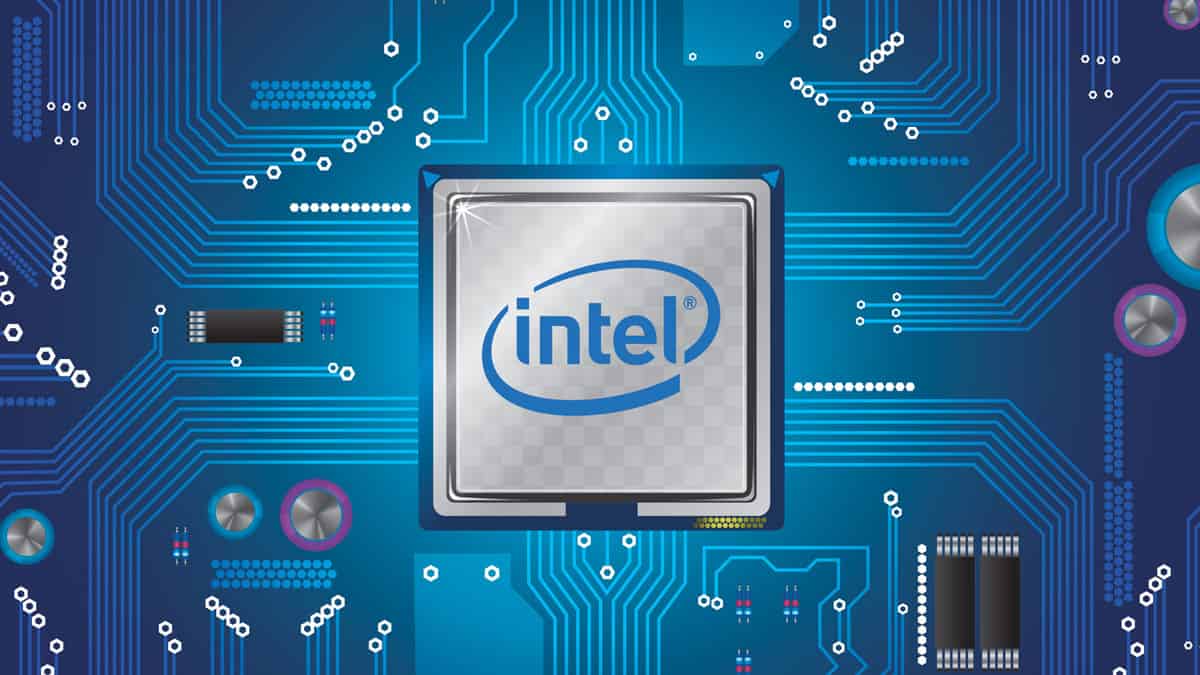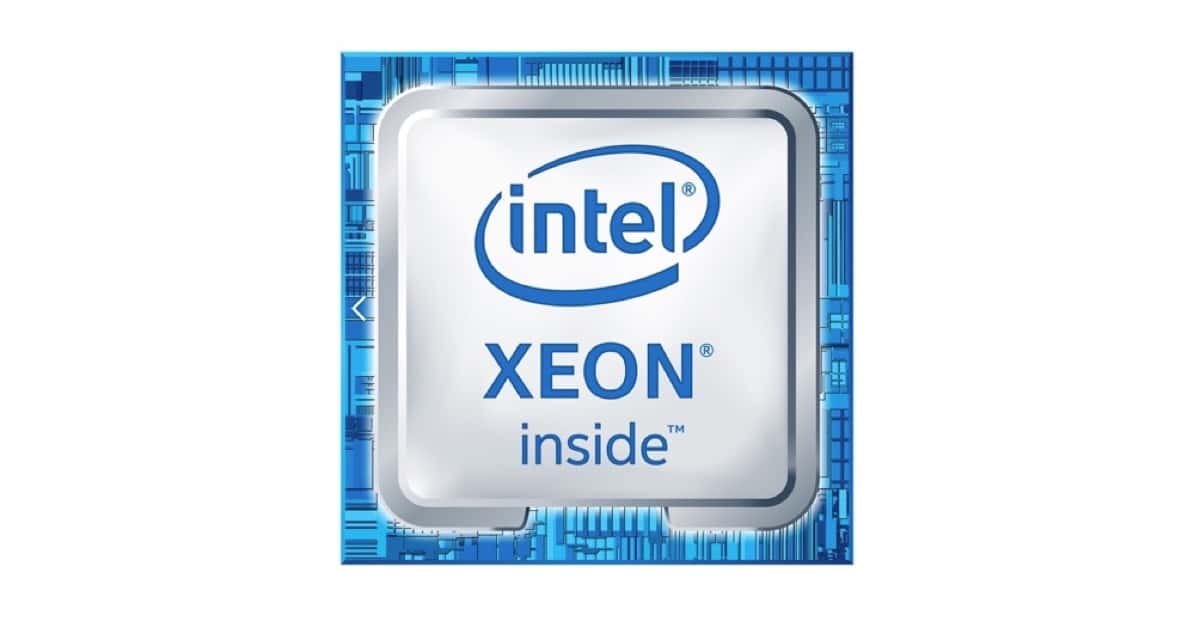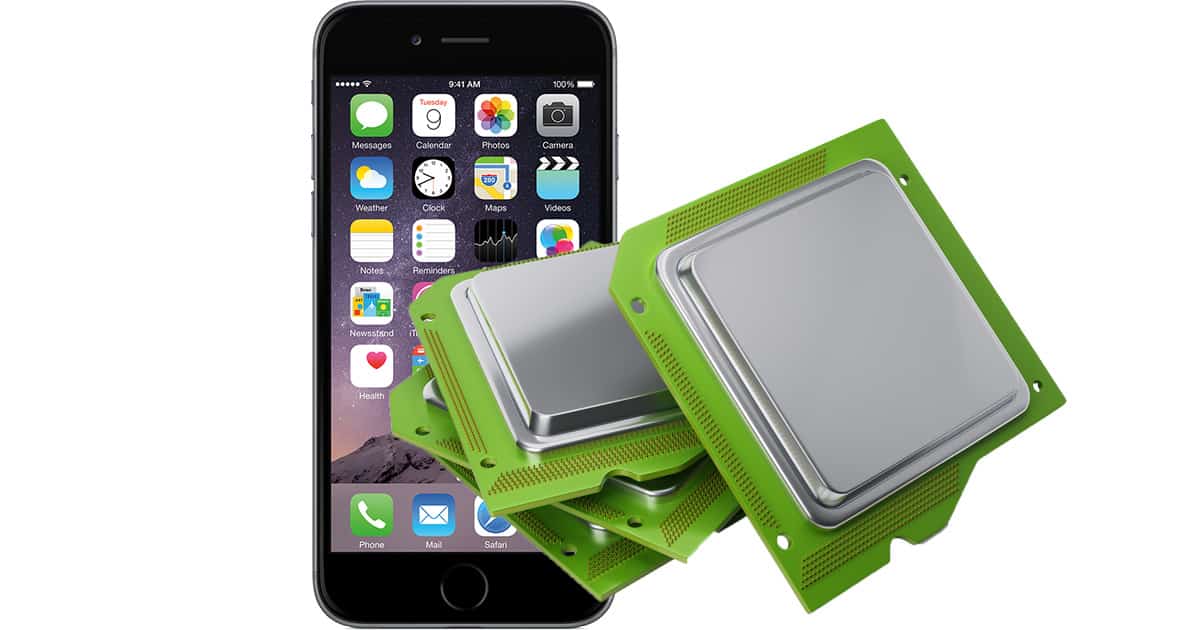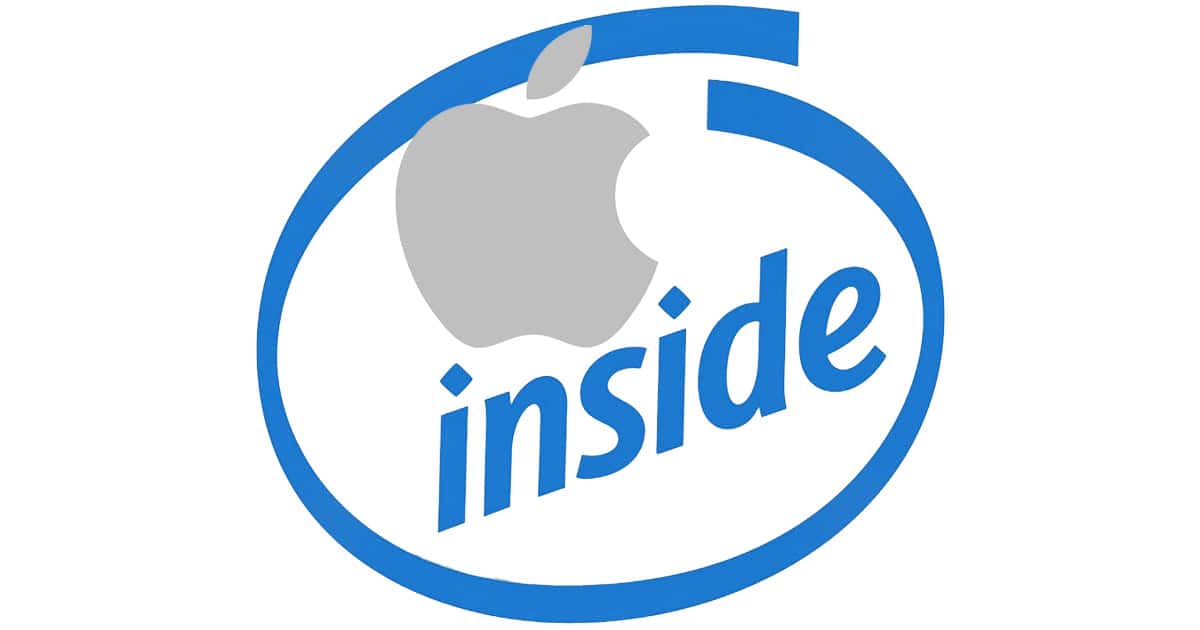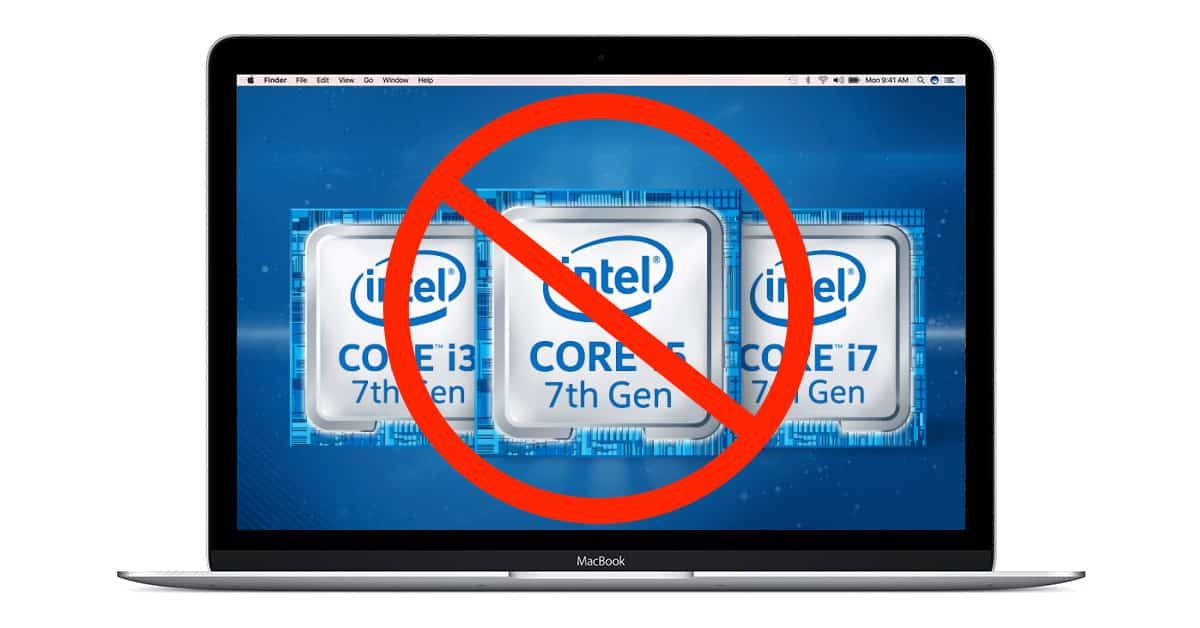The High Sierra firmware also indicates support for Intel’s “Basin Falls” processors, which are high-end desktop CPUs that could power future non-Pro iMacs and Mac minis.
Intel
Why Apple Will Be Using Xeon CPUs in This Fall's "Pro" iMac
Recently, we learned that Apple may be seriously considering the use of a Xeon CPU in its so-called “server-grade” iMac planned for later this year. There are good technical reasons why the use of the Xeon has entered the discussion in what has traditionally been considered a consumer iMac—in contrast to the Mac Pro which has had Xeons all along. John explains.
Apple gets the Upper Hand on Qualcomm Thanks to Intel's CDMA Chips
Now that Intel is making cell phone radio chips that support CDMA as well as GSM, Apple can source more than just Qualcomm for CDMA-compatible iPhones. That doesn’t, however, mean Qualcomm is about to lose its Apple contract. Instead, Apple has two suppliers it can rely on.
Apple Working on Custom Mac Chips to Cut Reliance on Intel
Apple is reportedly working to scale back its reliance on Intel for MacBook and MacBook Pro chips by designing its own ARM-based processor. The Apple-designed chip will handle low power functions such as Power Nap, and could be a step towards abandoning Intel at some point in the future.
Don't Count on Kaby Lake Processors in the New MacBook Pro
With Intel’s Kaby Lake processors shipping and the MacBook Pro woefully overdue for a refresh, Apple could skip over Skylake and roll out new laptops with the latest chips—except that isn’t going to happen. Instead, Apple will most likely retire the aging Haswell chips it currently uses and finally move on to Skylake, and the really significant processor change won’t come until 2018 with Cannonlake.
